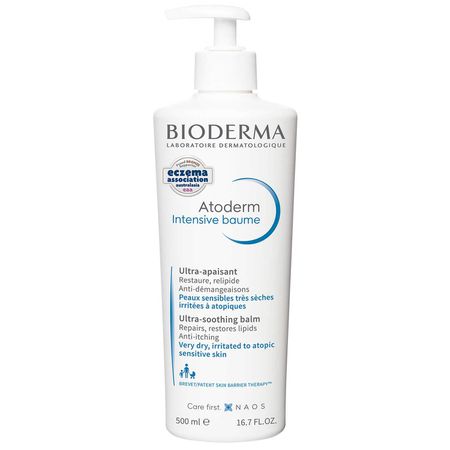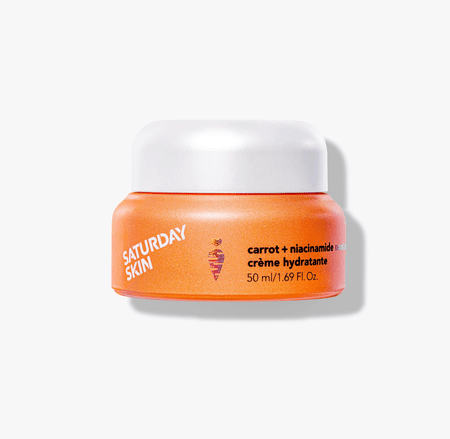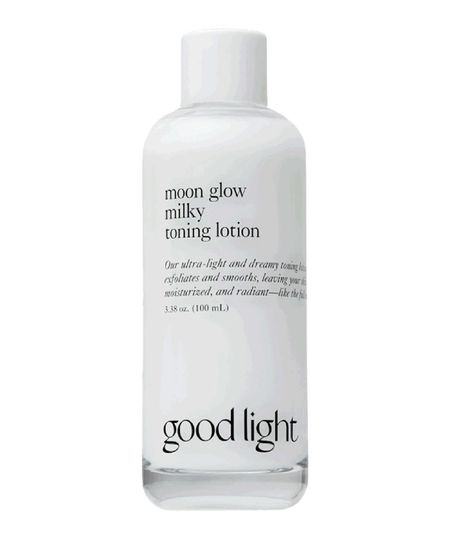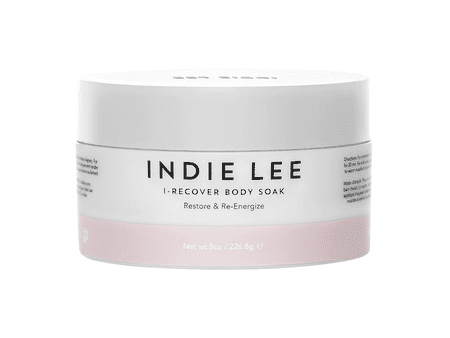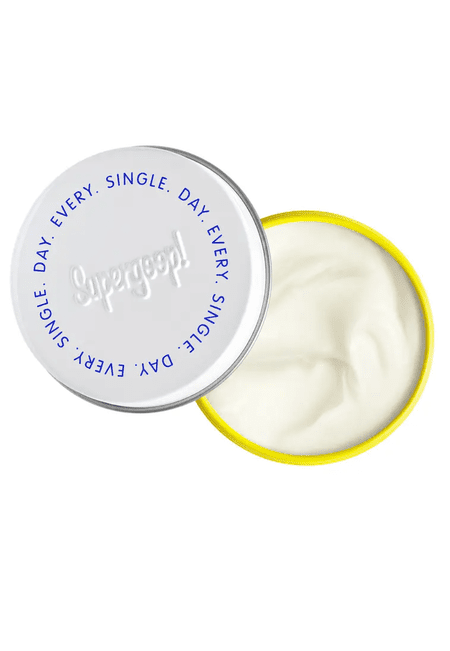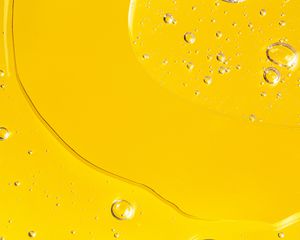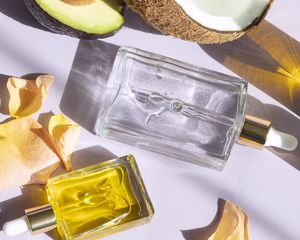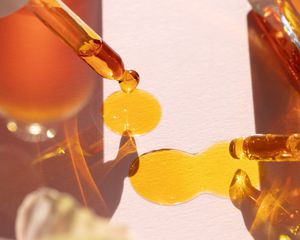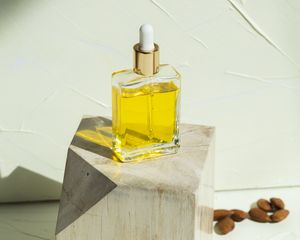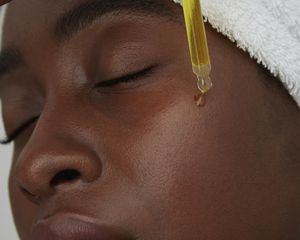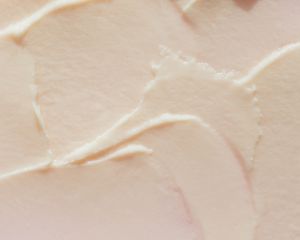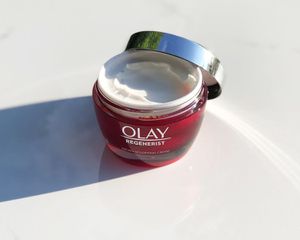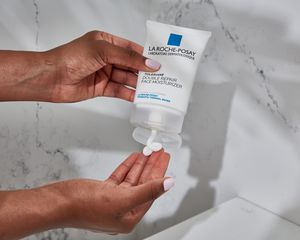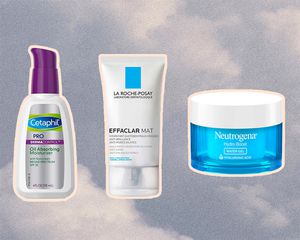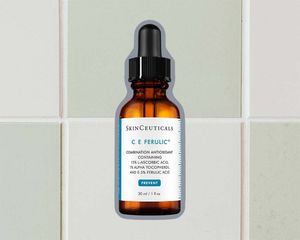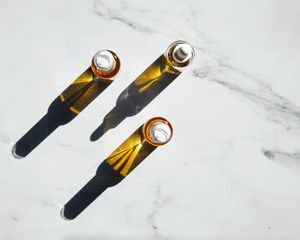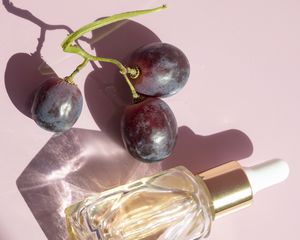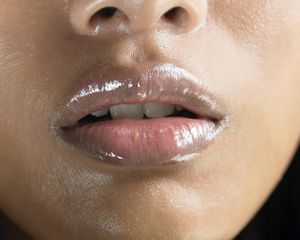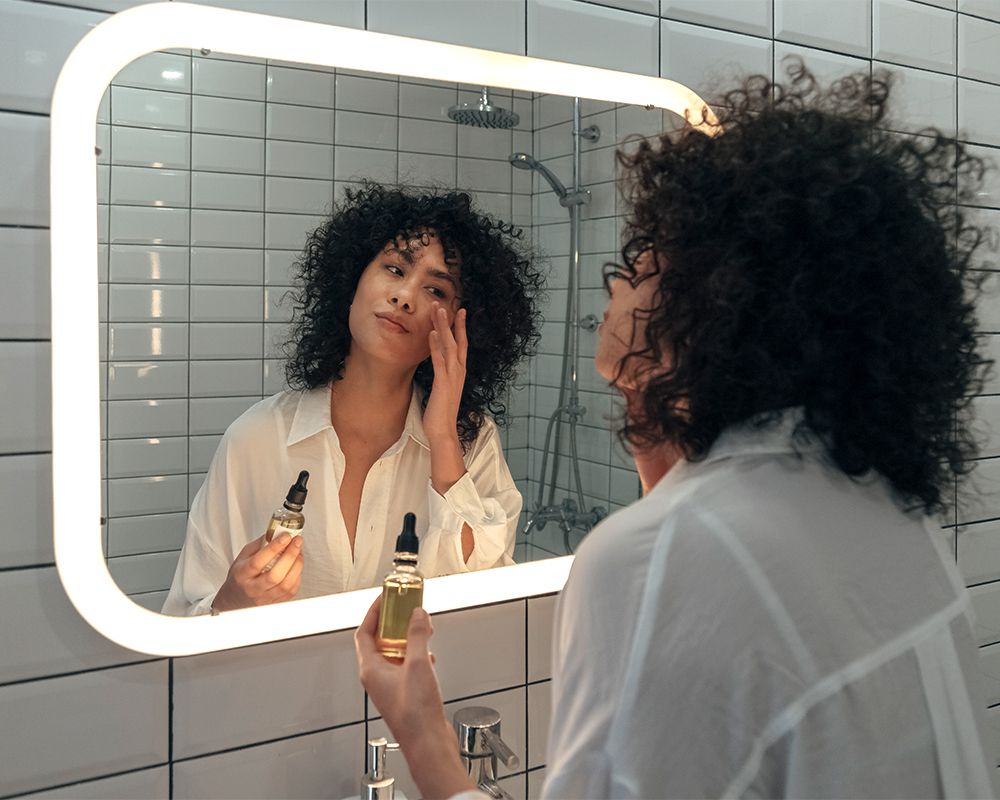
Getty Images / Daniel de la Hoz
Oils have slowly taken over my beauty routine. From my daily skincare routine to my after-shower body care, oils make my skin look and feel its best. But when we talk about oils, specifically those that have dual use in the kitchen (like olive, avocado, and almond), are they OK to use on the skin? For the most part, the answer is yes, depending on your skin type.
However, can the same be said for canola oil? In true Byrdie fashion, we went straight to the experts for answers. We spoke with two board-certified dermatologists, Elaine F. Kung, MD, and Dr. Jodi LoGerfo, DNP, APRN, FNP-BC, DCNP, to get the scoop on everything you need to know about canola oil.
Meet the Expert
- Elaine F. Kung, MD, is a clinical assistant professor at Weill-Cornell Medical College and the founder of Future Bright Dermatology.
- Dr. Jodi LoGerfo, DNP, APRN, FNP-BC, DCNP, is a celebrity dermatologist at Orentreich Medical Group, LLP.
What Is Canola Oil?
If we can cook with canola oil, it should be safe enough for our skin, right? Well, yes and no. Before we dive into the benefits of canola oil, let's first chat about what canola is. "In some countries, the term rapeseed oil is used to refer to the oil for industrial use, whereas canola oil is used to refer to the edible cooking oil," Elaine F. Kung, MD, tells Byrdie.
Canola oil is fairly new to the food scene. Kung says the genetically modified version of the rapeseed plant (aka canola oil) was made in Canada in 1979 for culinary use and is the third-largest source of vegetable oil and the second-largest source of protein meal in the world.
Benefits of Canola Oil for Skin
How can an oil traditionally used for cooking benefit the skin? Well, canola oil's scientific makeup plays a role. "Rapeseed oil was scientifically proven to help the skin retain moisture by reducing transepidermal water loss because it is semi-occlusive," Dr. Kung explains. "Rapeseed oil has a 2:1 ratio of oleic acid to linoleic acid that almost mimics the ratio of healthy skin." Additionally, rapeseed oil is rich in proteins, phenolics, lipids, and vitamins (think: vitamin E) and is scientifically proven to have antioxidant, anti-inflammatory, and anti-wrinkle properties.
Additionally, dermatologist Dr. Jodi LoGerfo shares that because the oil is packed with essential fatty acids and rich in vitamin K, C, E, and antioxidants, canola oil may be considered good for the skin. "Essential fatty acids can moisturize the skin and enhance skin's strength," she explains. "Vitamins E and K can potentially help skin issues like acne and aging skin, including lines and wrinkles. Vitamin E can also reduce and protect the skin from free radical damage." She also notes that vitamin C in canola oil may help with skin hyperpigmentation and blemishes.
Side Effects and Skin Type Considerations
Both experts agree that anyone with acne-prone skin will want to proceed with caution when using products formulated with canola oil. "Canola oil has a comedogenic rating of 4," Dr. LoGerfo shares. "A comedogenic rating is the ability of an oil to clog human pores. Canola oil, although theoretically useful for acne, should probably not be used in individuals with acne because it does clog pores, which could potentially make acne worse."
How to Use Canola Oil for Skin
Now that you know canola oil can benefit your skin and hair, you may be wondering how to incorporate it into your routine. Because of its ability to clog pores, you may not want to grab the bottle out of your kitchen cabinet and slather it on your skin. That's why we've rounded up a few professionally formulated products made with canola oil. Discover our picks below.
The Best Products With Canola Oil
If you're looking to soothe skin conditions like eczema and excessive skin dryness, try this balm. This ceramide and vitamin C enriched formula helps rebuild the skin barrier while soothing itch and irritation.
This formula is packed with niacinamide, superfood extract, and ceramides. With continued use, you'll notice more hydrated, healthier skin.
This do-it-all toning lotion acts as both a moisturizer and exfoliator. It's infused with natural AHAs, meadowfoam seed oil, snow mushroom (an ingredient that holds 1000x its weight in water), niacinamide, and ceramides.
This dual-use bath soak and scrub is made with Dead Sea and Himalayan salts and a wealth of essential oils. It offers hydration, exfoliation, and even a moment of calm should you indulge in a bath.
This daily multi-purpose balm contains baobab, sea buckthorn, buriti, rosehip oil, and canola oil. Of course, the formula rounds out with mineral SPF to protect your skin.


